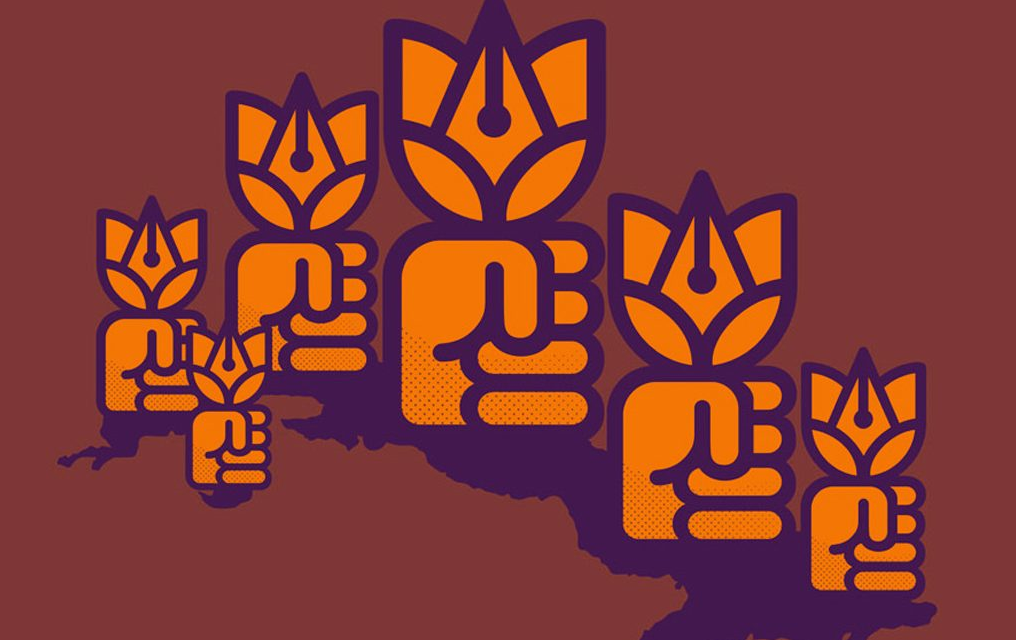
Opening a new chapter in the transformation of the Cuban press
By Maritza Gutiérrez
With the recent inclusion of Televisión Serrana, a total of 47 media outlets have participated in the second call for experimental projects, an initiative that seeks to transform the management of the communications sector in Cuba. This effort aims not only to diversify sources of income beyond the state budget, but also to improve the quality of information consumed by Cubans through various platforms.
In an important meeting chaired by Ricardo Ronquillo Bello and Francisco Rodríguez Cruz, president and vice-president of UPEC, the proposals of Televisión Serrana and Tele Mayabeque were evaluated. These evaluations represent an important step towards innovation in the Cuban press, where the possibility of developing new projects is more exciting than ever.
Since the beginning of this program in August 2024, encouraging results have been obtained with the participation of 16 press collectives, proving that change is possible.
Media such as Ideas Multimedios, Cubavisión Internacional and Prensa Latina stand out in this transformation, leading the way to a more dynamic and collaborative press. Not all is optimism, however. Some stations, such as Radio Florida and Radio Sancti Spíritus, face significant challenges that limit their ability to adapt and grow.
Ronquillo emphasized the importance of these projects because many of them are considered basic media under the Law of Social Communication. This legal framework underscores the essential role of the media in Cuban society, which makes the need for their development even more urgent.
A worrying aspect is the lack of participation of some relevant media, which may limit the necessary transformation of the Cuban journalistic landscape. This exclusion may affect the quality of the news broadcast and its dissemination to the public, a fact that must be seriously addressed.
The UPEC (Union of Cuban Journalists) has taken the initiative of proposing the creation of working groups in provinces where they do not currently exist, a crucial step in promoting more balanced and effective communication.
The trade union organization suggested to the Institute of Information and Social Communication and to the Directorates of Radio and Television that some municipalities with separate radio and television stations should become multimedia.
It also requested that the media that generate income in foreign currency have accounts in that currency to improve their economic management.
An initiative that should be approved at another level was also approved: that of the Ministry of Culture to include in the project its Multimedia Center, which integrates the magazines Revolución y Cultura, La Jiribilla and Cubanow, as well as the newspaper Cubarte, the television channel and the Casa del ALBA Cultural.
The expected benefits are wide-ranging and include improved management dynamics, increased collaboration among the different media, and additional income generation through various services.
Finally, it is important to highlight that salaries will be adjusted according to performance, which will guarantee higher payments to the most productive areas.
This measure will not only encourage communication professionals to improve their work, but will also promote a healthy and motivating competitive environment.
In conclusion, this is a new moment for the media in Cuba. With innovative projects underway and a clear will to modernize, the future of the Cuban press looks more challenging and promising than ever. Collaboration, adaptability and the constant search for quality will be the keys to a new era in Cuban communication (source: Cubaperiodistas).

